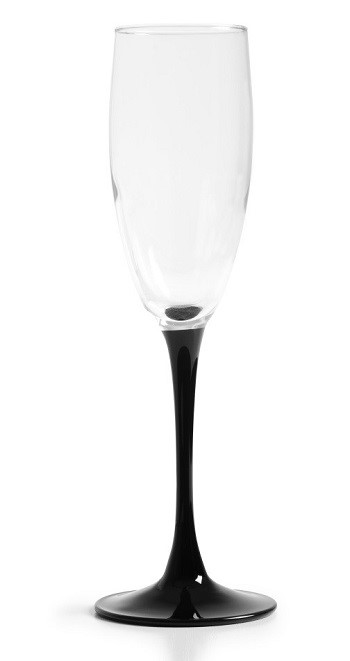Want to join me in a month off from alcohol?
 I asked the same question last year, and was delighted to hear privately from several people that they gave Dry January a try and were both enlightened and pleased by the results.
I asked the same question last year, and was delighted to hear privately from several people that they gave Dry January a try and were both enlightened and pleased by the results.
I’ve included excerpts from last year’s post, plus updates.
Here’s a helpful article published 12/21/16 by Medical News Today on the physical benefits of a month off from alcohol. A debate in The BMJ questioned the potential good vs. potential harm of Dry January, but a recent study states, “The findings suggest that participation in abstinence challenges such as Dry January may be associated with changes toward healthier drinking.”
The HBO film Risky Drinking was released in December 2016 (which I recommended viewing, with these caveats). The film’s home page links to this brief and straightforward drinking self-assessment from the NIH.
In Do You Think I Have a Drinking Problem?, I wrote of my relief that people feel comfortable and free to ask me about drinking, both for themselves and for loved ones. “How do you feel when you don’t drink?” is a key question to ask. Taking some time off from drinking can help provide the answer.
I was abstinent from alcohol for 4 years on December 28, 2016. I am abstinent today, I will join you in abstinence during Dry January, but I’ll keep going in February and March and… As a result of the still unknown brain malfunctions that shift voluntary sipping to involuntary drinking, I developed an alcohol use disorder and, for my particular case, need to abstain, well, forever.
I absolutely loved champagne. If you’re still drinking, savor just a sip for me on New Year’s Eve. (Just a sip. There’s actually no cure for a hangover and it is, according to Dr. Laura Veach, “a form of alcohol withdrawal at its most benign.”) Then on January 1, I’d love to join you in being abstinent together and seeing what insights unfold!
. . . . .
Note: If you experience any physical, mental or emotional changes when you delay or do without alcohol, see a health care provider ASAP. Alcohol dependence and alcohol use disorders are serious health conditions for which treatment is available. The NIAA recommends the first step is consulting with a primary care physician.
And a grim but potentially motivating statistic to help us all help each other get help when we need it, from page 30 of the Surgeon General’s report: “1 in 10 deaths among working adults are due to alcohol misuse.”
The content of this post is for informational purposes only and is not a substitute for medical or professional advice. Consult a qualified health care professional for personalized medical and professional advice.
Last updated 1/13/17

